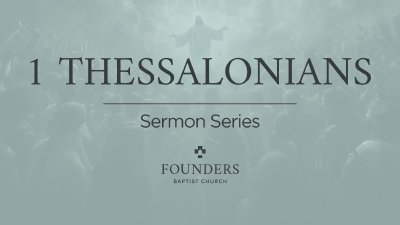Introduction:
Prayer is not just the expression of praise; it is also petition.
We SEEK the Lord for every kind of help, and we bring our needs to the throne of God — knowing that, in Christ, God’s throne has become for us a throne of gracious help.
ESV Hebrews 4:16 Let us then with confidence draw near to the throne of grace, that we may receive mercy and find grace to help in time of need.
THAT VERSE REMINDS US THAT THE BELIEVER’S PRAYERS ARE ALSO ABLE TO BE CONFIDENT PRAYERS.
Believers must be taught this.
Believers must be reminded of this.
That when we pray rightly, we can pray knowing that we have the things we are seeking from God.
PRAYER IS NOT CHANGING THE MIND OF GOD; IT IS AGREEING WITH THE MIND OF GOD.
ESV John 14:13 Whatever you ask in my name, this I will do, that the Father may be glorified in the Son. 14 If you ask me anything in my name, I will do it.
We have just finished a brief section of great celebration.
We saw a contrast worthy of praise.
We saw a conversion worthy of praise
We saw a conclusion worthy of praise.
We saw a conviction fitting for praise (in response to the things for which we give God praise).
But now, Paul ends this section with PETITION.
SHEPHERD’S DON’T JUST EXHORT TO FAITHFULNESS; THEY PRAY FOR FAITHFULNESS.
GOD’S GREAT GIFTS TO US HAVE NOT ENDED OUR NEED FOR GOD.
GOD’S GREAT GIFTS TO US GO ON BENEFITING US IN A WAY THAT STILL MEANS OUR DEPENDENCE UPON GOD.
Both the confidence of prayer, and the seeking nature of prayer, are on display in these two verses. This morning, we think about confident petitions.
I. THE BELIEVER’S HELPER (vs.16a)
When we think about confidence in prayer, and dependence (or humility) in prayer, both are explained by the one who hears our prayers and answers them.
WE SEEK THE FACE OF GOD.
THE GOD WHOM WE HAVE TO COME TO KNOW IN OUR SAVIOR — HIS SON.
THE GOD WHO HAS REVEALED HIMSELF TO US IN SCRIPTURE.
PRAYER ALWAYS BEGINS WITH GOD.
Before we ever utter a word.
Before we ever voice a request.
We begin by acknowledging God Himself.
It is the knowledge of God that rightly informs our prayers.
It is the knowledge of God that rightly regulates our requests.
WE ASK ACCORDING TO GOD’S WILL.
WE ASK IN THE NAME OF GOD’S SON.
WE ASK IN ACCORDANCE WITH GOD’S NATURE AND CHARACTER AND REVEALED WILL.
BUT WE ARE ALSO ASKING IN A WAY THAT REPRESENTS COMMUNION WITH GOD.
We are not simply voicing words.
We are not merely vocalizing our thoughts and desires.
PRAYER IS NOT SELF-TALK.
WE ARE APPROACHING GOD PERSONALLY, WORSHIPFULLY, AND COMMUNICATING WHAT IS ON OUR MINDS.
Martyn Lloyd-Jones — “But now prayer means that you and I can go into the presence of God and that we have communion with God. We do not just go on our knees and offer up some pious hopes and fears and aspirations and our own thoughts. No, we are going to have communion with the living God! We are entering into His very presence. The first thing about prayer is that we realize that. Furthermore, as those New Testament prayers that I quoted to you illustrate so plainly, when we pray we do not immediately start with our problem or what we want or need. No; we start by worshiping God and by adoring Him. Take the Lord’s Prayer—how perfectly that puts it: “Our Father which art in heaven, hallowed be thy name. Thy kingdom come. Thy will be done in earth, as it is in heaven.” This is adoration! This is worship! This is praise! Watch our Lord, the Son of God, praying, and listen to Him. This is how He prays: “Holy Father” (John 17:11)! This is not “saying a prayer,” not just “offering a prayer.” No, no! “Holy Father”! This is what prayer means.”[1]
[1] Martyn Lloyd-Jones, “Prayer,” in Authentic Christianity, 1st U.S. ed., vol. 1, Studies in the Book of Acts (Wheaton, IL: Crossway Books, 2000), 165.





